PNW Components Range Gen 1 Handlebar
(discontinued)
| Where To Buy | |||
|---|---|---|---|
Free shipping on orders over $50 (continental U.S. only).
International shipping available. Some exclusions apply. |
Free shipping on orders over $50 (continental U.S. only).
International shipping available. Some exclusions apply. $41.40
|
||
Free shipping on orders over $50 (continental U.S. only).
International shipping available. Some exclusions apply. |
|||
| Where To Buy | |||
|---|---|---|---|
Free shipping on orders over $50 (continental U.S. only).
International shipping available. Some exclusions apply. |
Free shipping on orders over $50 (continental U.S. only).
International shipping available. Some exclusions apply. $41.40
|
||
Free shipping on orders over $50 (continental U.S. only).
International shipping available. Some exclusions apply. |
|||
Handlebars





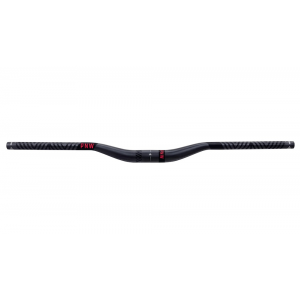


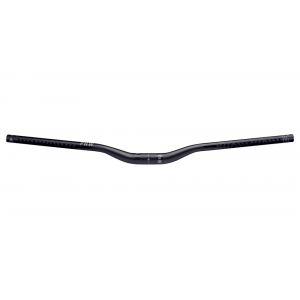
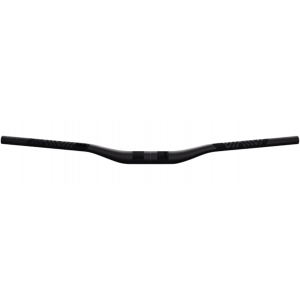
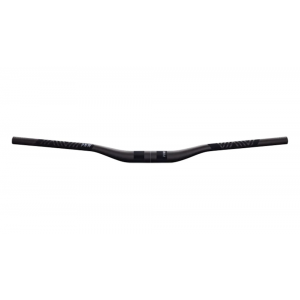

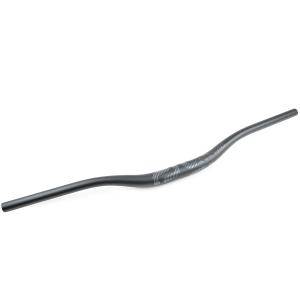

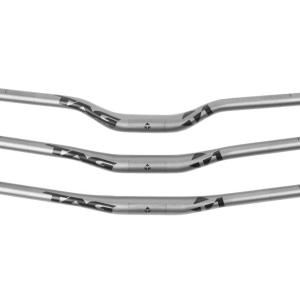

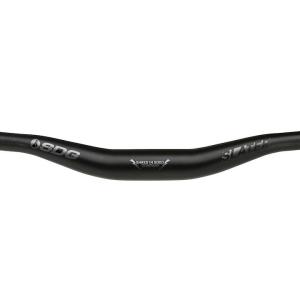
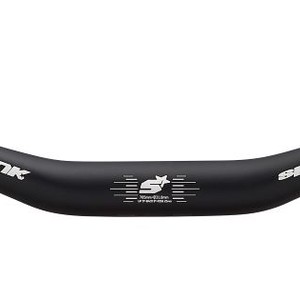
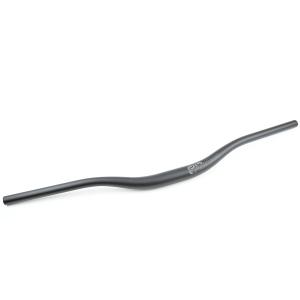
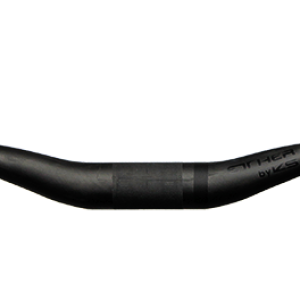









Specifications
We had a ton of fun learning about bars in the process, and we wanted to pass the quality in performance and knowledge on to you, our customers. From the start, we knew we wanted to make an alloy bar. This compound really speaks to who we are as a brand. Alloy is durable, ensuring you can love it for the years and miles to come, and the production involved allows us to pass on more savings to you. And while we aren’t necessarily weight weenies here, we are stoked to bring one of the lightest alloy bars to the game at 300 grams.
The majority of handlebars out there use a 6000-series alloy; this is the Honda Civic of alloy compounds. It’s reliable, inexpensive, and gets the job done. To save on cost, 6000-series alloys use Silicon as part of the mixture instead of a superior element like Zinc. We respect this and use it in a few of our own products. But, there are some ultra-premium bars that use 7000-series heat-treated alloy which is the crème-de-la-crème of materials. In some instances, a 7000-series alloy can be lighter than carbon. These 7000-series alloys were developed by Japanese engineers for use in aerospace, and because some of us fall in the space-nerd spectrum, we knew this was the alloy we had to have.
After we picked the type of alloy to use, we had to take into consideration the heat-treatment process. This helps determine a handlebar’s longevity and ride quality. Heat-treating is when an alloy is baked at high temps to further forge the material together to increase hardness and durability. There are many styles of heat-treatment, but the majority we see in the bike world is T6. By removing the alloy from heat treatment at peak stiffness, T6 creates a very hard product. Of course, this is great for durability, but what about the ride quality? We’ve found that T6 can make for a harsher ride and in some cases, make for a brittle bar that can crack over time. To make a suppler alloy, we went with the T73 heat-treatment process. This keeps the bar in heat treatment for slightly longer, giving the alloy compounds a better bond and, in our opinion, better ride quality. It also reduces the brittleness of the bar, making it the perfect process for The Range Handlebar.
Lifetime warranty
www.pnwcomponents.com